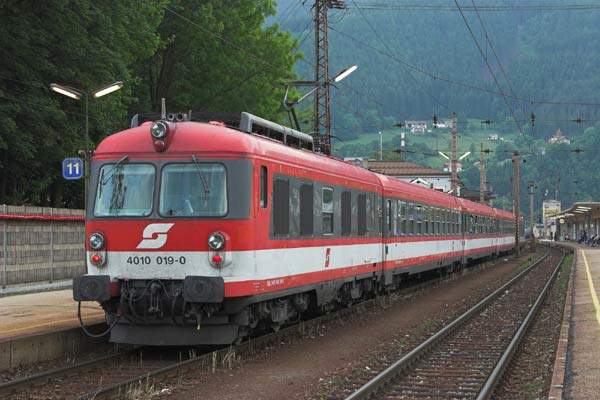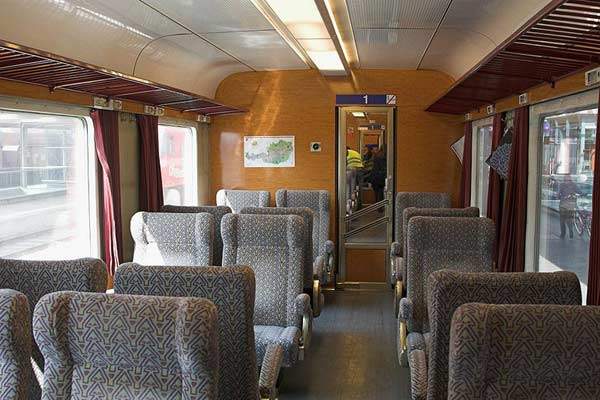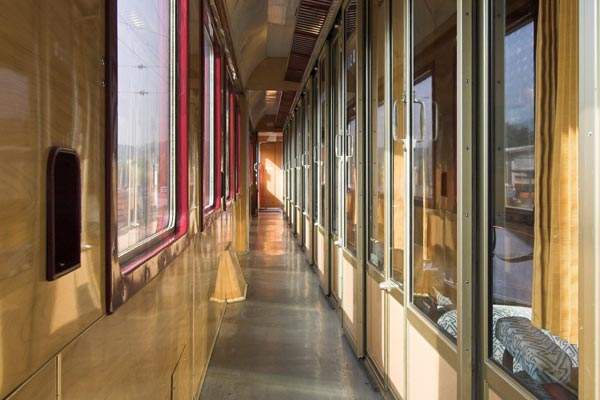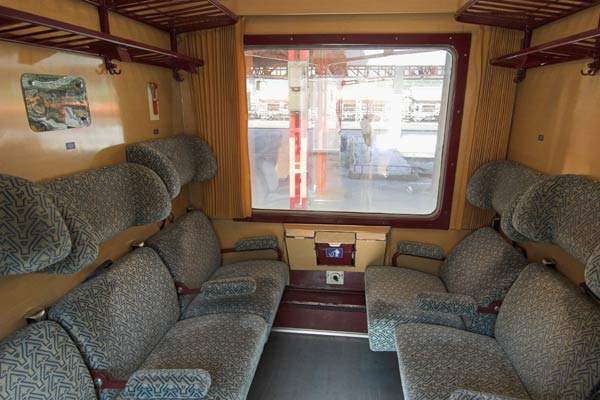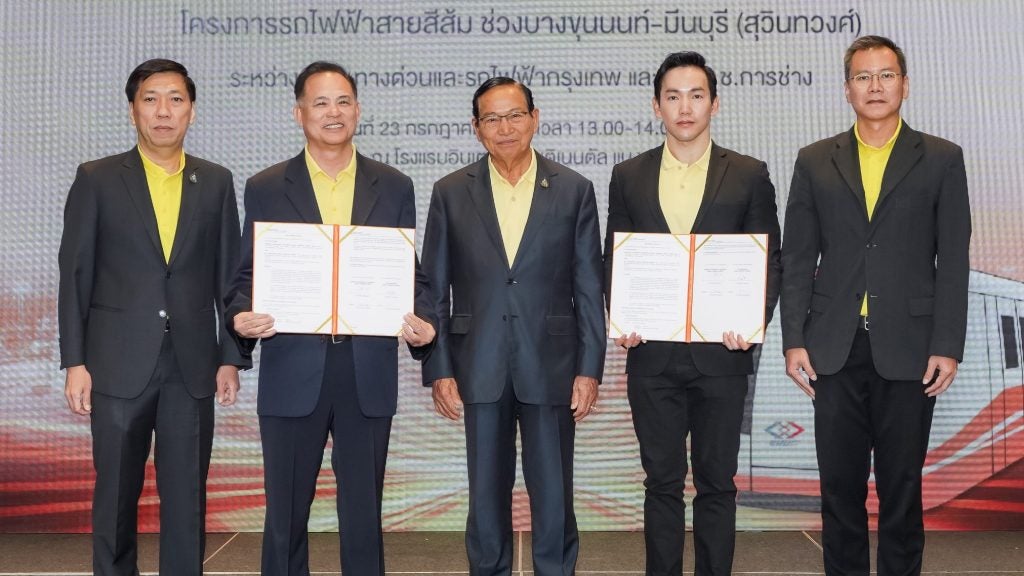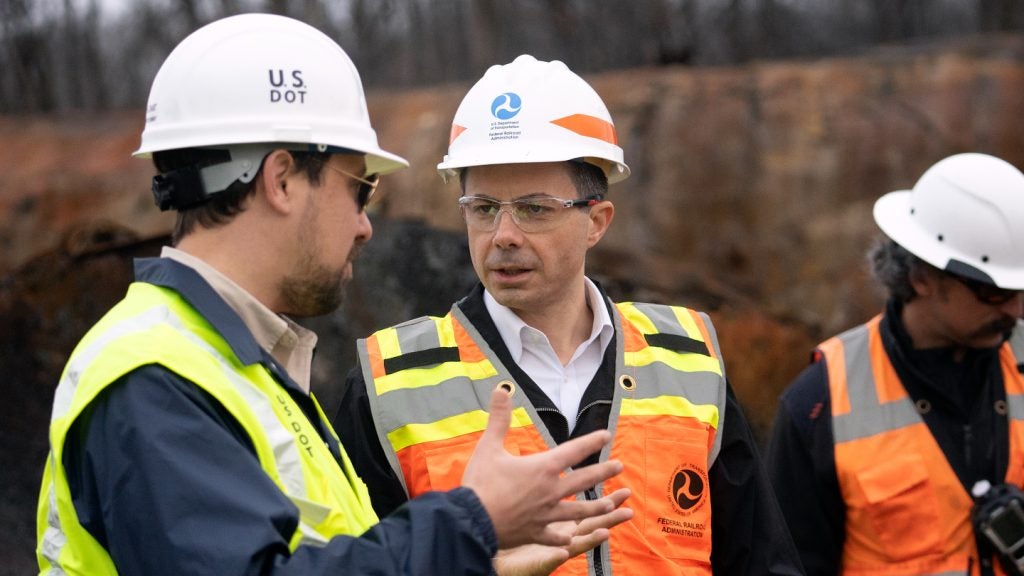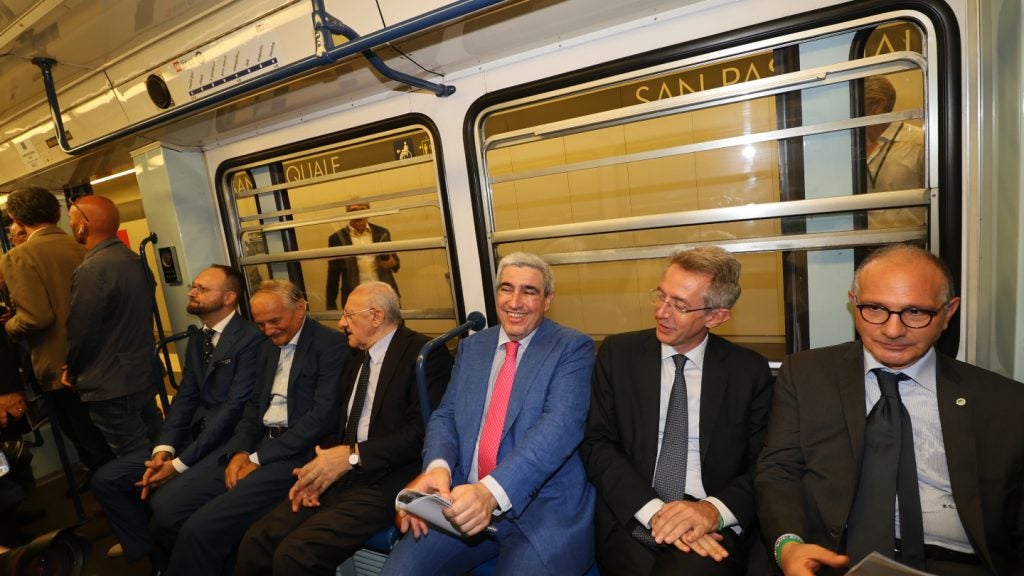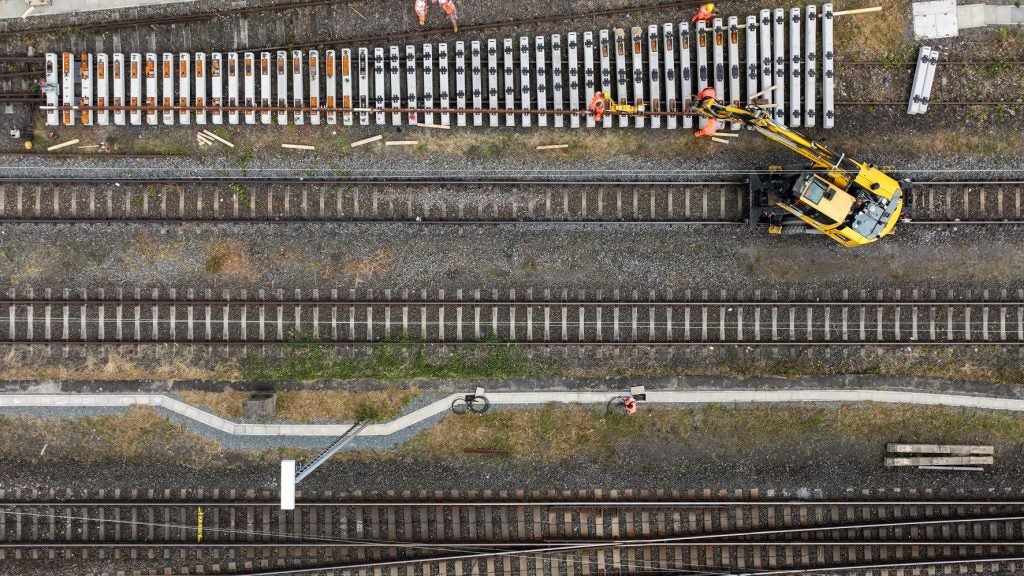Hamburg – Köln Express (HKX) is a joint venture which intends to operate a long-distance route between Cologne and Hamburg. The joint venture is run by consortium comprised of Berlin-based rail company Locomore Rail, US-based railway investment company Railroad Development Corporation and UK-based investment advisor Michael Schabas.
The project was originally scheduled to launch on 15 August 2010, but was delayed due to conflicts between Keolis and HKX with regard to the access application process with DB Netz, an affiliate of DB infrastructure.
Train services were expected to begin by December 2011, creating 60 jobs. But no announcements regarding commencement of the service was made as of January 2012.
HKX awarded a rail booking and revenue management services contract to Sqills for the Hamburg-Köln Express in April 2011.
Hamburg is the second-largest city in Germany with one of the largest ports in Europe. The city is spread across an area of 755km² and has a population of 1.8 million people.
Cologne is one of Germany’s oldest cities, founded in 38BC. It is the country’s fourth-largest city, spread over an area of 405.15km² and has a population of approximately 996,690. The distance between Hamburg and Cologne is 357km.
Joint venture HKX railway project information
The intercity HKX will have three services operating from each direction daily: HKX 81864, HKX 81865, HKX 81866, HKX 81767, HKX 81868 and HKX 81869.
The train will pass through various areas, including Harburg, Sagehorn (Bremen), Osnabrück, Münster, Gelsenkirchen, Essen, Duisburg and Düsseldorf.
Duisburg, Essen and Gelsenkirchen stations will have new infrastructure, including new infirmary facilities. The train will feature different levels of service for business and leisure travellers, with several classes of seating being provided.
Rolling stock used for the long-distance German transport network
Locomore plans to invest €100m in the rolling stock for the project. The HKX will use Class 4010 EMUs. The same EMUs were formerly used by the Austrian Federal Railways and were bought by Railroad Development Corporation.
As of November 2009, the EMU rails are undergoing modernisation. The rails are being processed at DB Delitzsch, a railroad repair shop.
Class 4010 EMU consists of multiple carriages and runs on electricity. The trains have a BBC spring drive, a power system of 15kV / 16.7Hz and run at a top speed of 150km/h.
The continuous power is 2,265kW, while output each hour is 2,500kW. The service weight is 283t. Each rail car is 26.4m long.
The six railcar sets consist of a power car, a big second-class coach, a second-class compartment coach, two additional second-class compartments equipped with a dining car, second-class and first-class compartment coaches, as well as a driving trailer. The second class provides a seating layout of 2+1 and ample space for luggage.
Rail connectivity along the intercity Hamburg – Köln Express (HKX)
An intercity express (ICE) currently connects Hamburg to Cologne. The Deutsche Bahn-operated ICE network runs 259 trains throughout Germany, connecting various cities in Germany as well as Austria, Denmark and Switzerland.
DB Netze, a subsidiary of Deutsche Bahn, owns and operates the German railway system. It also owns the rail infrastructure countrywide. Locomore had planned to use the tracks of DB Netze for its HKX service. However, DB rejected Locomore’s request, prompting the latter to go to court. This, the partners claim, has delayed progress in the HKX project.
French railway company SNCF is also planning to enter the German rail transport market and applied for permission in October 2009. It plans to run two trains from Strasbourg to Hamburg by 2011. One of the lines will pass through Cologne.
Though DB was to share its infrastructure with other new players in the market, it has rejected the requests of Locomore and SNCF. While Locomore went to court, SNCF complained to the European Commission.
The EU plans to deregulate the European railway sector by 2014, paving the way for more competition. The EU is hoping to bring changes to the railway system in three areas: bringing in more competition to the market, ensuring interoperability and safety of rail networks, and developing rail infrastructure.

